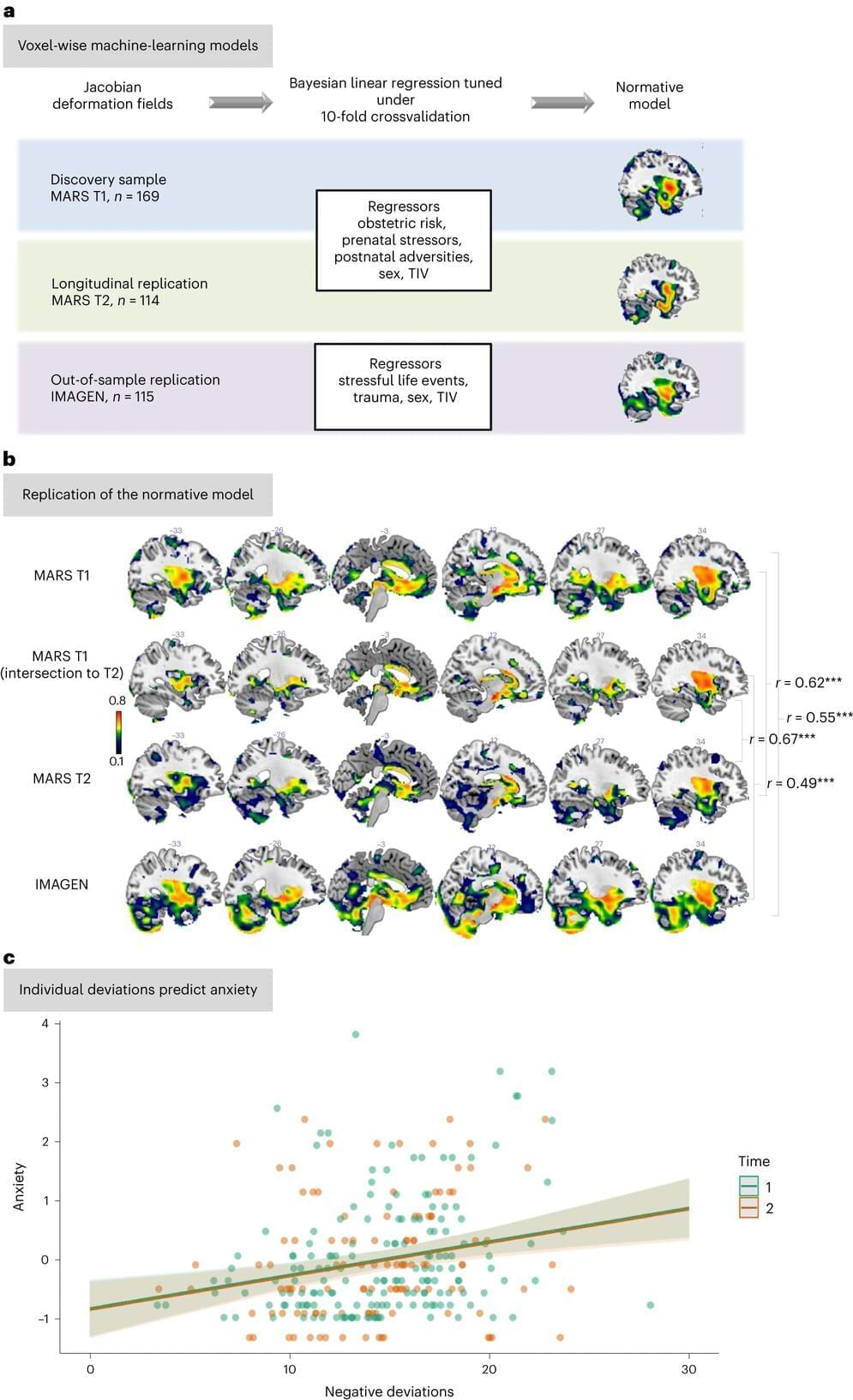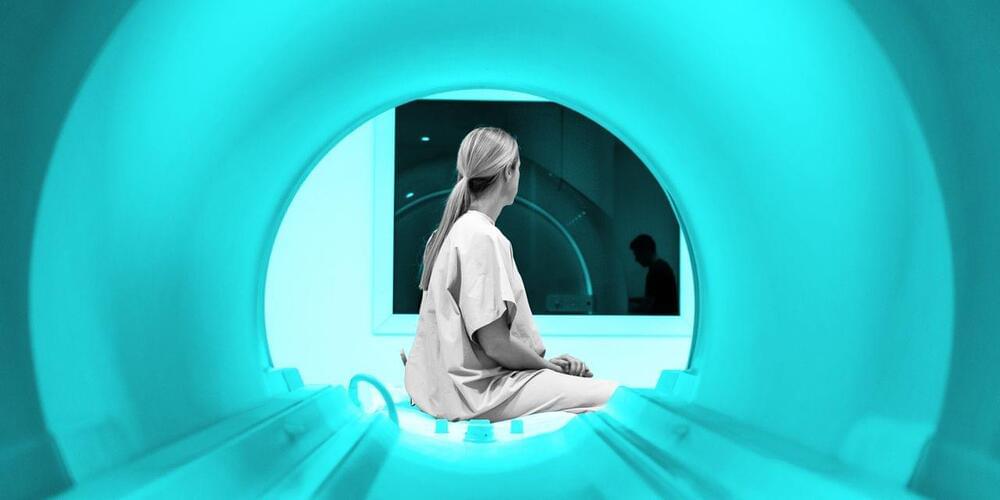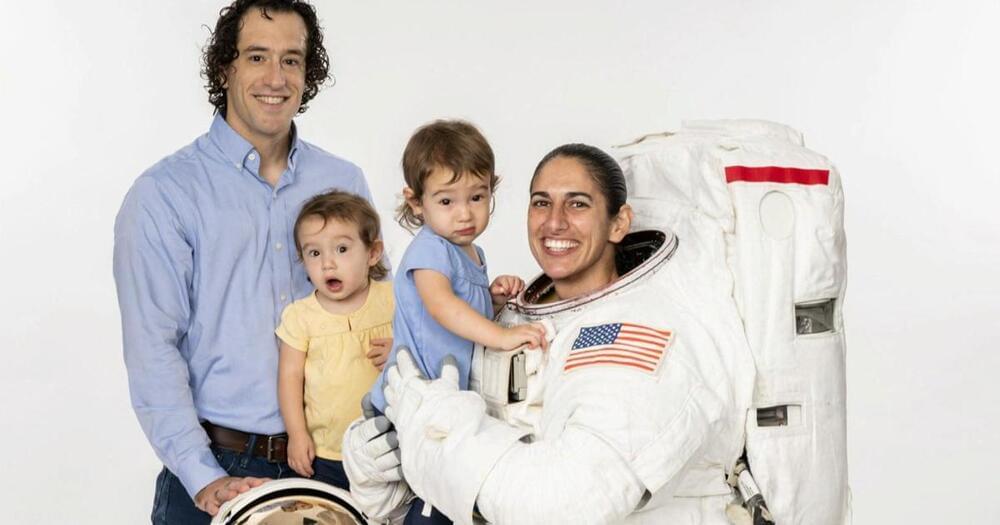Aug 25, 2023
4 Charts That Show Why AI Progress Is Unlikely to Slow Down
Posted by Shubham Ghosh Roy in categories: business, education, law, robotics/AI
In the last ten years, AI systems have developed at rapid speed. From the breakthrough of besting a legendary player at the complex game Go in 2016, AI is now able to recognize images and speech better than humans, and pass tests including business school exams and Amazon coding interview questions.
Last week, during a U.S. Senate Judiciary Committee hearing about regulating AI, Senator Richard Blumenthal of Connecticut described the reaction of his constituents to recent advances in AI. “The word that has been used repeatedly is scary.”
The Subcommittee on Privacy, Technology, and the Law overseeing the meeting heard testimonies from three expert witnesses, who stressed the pace of progress in AI. One of those witnesses, Dario Amodei, CEO of prominent AI company Anthropic, said that “the single most important thing to understand about AI is how fast it is moving.”


















